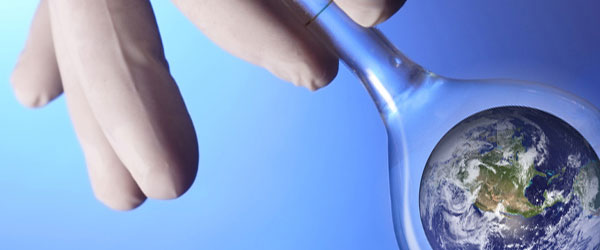What is consciousness? The straight answer to this question is that no one knows for sure, which is not surprising since the brain is the most complex object in the Universe. Philosophers have pondered and probably thought very hard about what consciousness is but they didn’t do many experiments.
Today we have powerful instruments for looking at brain activity but an easy definition has proved elusive and this means we can all continue to speculate knowing that the ‘scientist’ cannot yet stamp his boot of disapproval down on little and not so little theories of consciousness.
The ‘what is consciousness’ experiment
Did you know that fifteen billion years ago the Universe was begun as an experiment by a super intelligence. The point of the experiment was to see if and when the atoms might organize into systems (life?) that became aware of their environment and themselves and finally figured out they were in an experiment.
Beyond the extremities of the Universe we will find great sheets of glass, the inside wall of our test tube. The experiment will last for a whole afternoon but it is only 12-30pm in the laboratory. There may be individuals out there who like to believe this, and will childishly maintain that it is possible because we have not proved otherwise.
Laws of natural selection
Most attributes, physical and behavioural, of living things can be explained in terms of the need to obtain energy and to reproduce. Attributes which help ensure energy (food, light etc) is obtained and reproduction continues are passed from one generation to the next. Laws of Natural Selection still explain a lot, if not everything. Birds of prey have great eyesight and wolves hunt cooperatively in packs. Living things have evolved an impressive array of biological ‘devices’ for getting information about their environment. They are, to differing degrees, aware and conscious of their environment.
Is consciousness the ability to receive information and process this information and create a model of the environment; a model whose chief purpose is to assist survival? This form of consciousness in humans certainly came before our current state of consciousness.
So why did a form of consciousness evolve in humans which is not thought to exist in rats? Well clearly it is more successful. Being self aware, aware of others, empathizing, collaborating, communicating and planning as well as the opposable finger and thumb has made us a successful species – there are a lot of us and we consume a lot of energy.
An aspect of being conscious is the ability to build a model of reality based on information we receive through our senses. Most animals can do this as they will have different models according to how their senses have developed. A human’s model of reality is likely to be modified according to culture, religion and life experiences. What is really interesting is the notion that we are largely confident that we know what the real world, out there, is like.
There are good reasons why we don’t see the world as it is. Who would want a beautiful sunset to be without colour? The wall that seems to be mostly empty space is still a barrier. If we are conscious, what is it we are conscious of? For those that claim to be aware (conscious of) a god or spirit the reality of this is probably just as valid as the reality of a sunset. Or is it?
By Chemistry Teacher Dave Hudson

